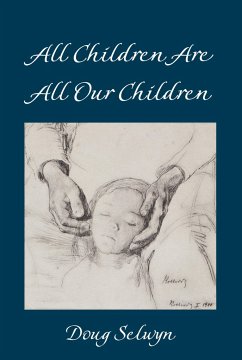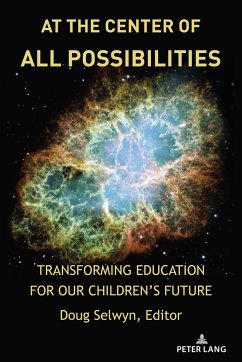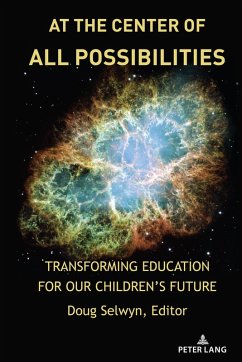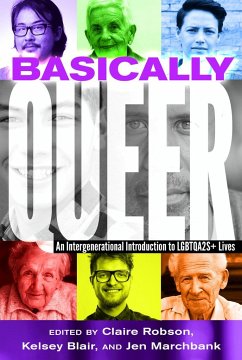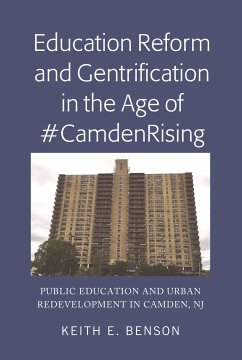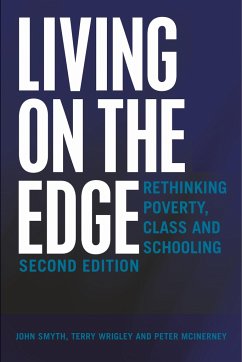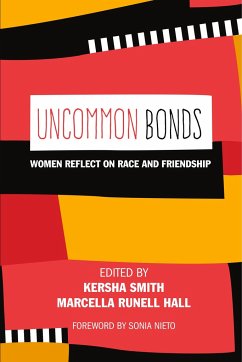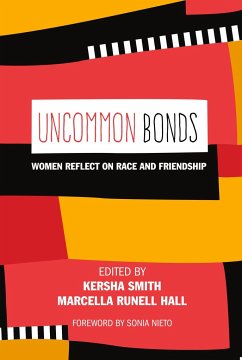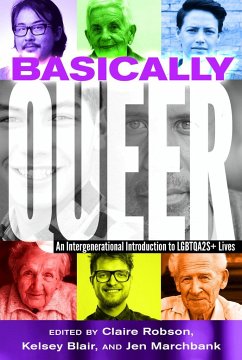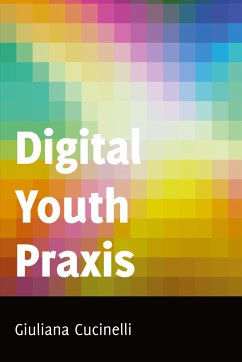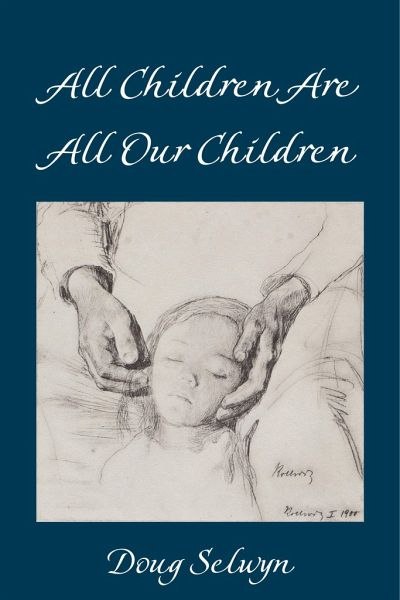
All Children Are All Our Children
Versandkostenfrei!
Versandfertig in 6-10 Tagen
39,95 €
inkl. MwSt.
Weitere Ausgaben:

PAYBACK Punkte
0 °P sammeln!
What would schools and communities look like if the health and well-being of all our children were our highest priorities? More important than test scores, profits, or real estate values? What actions would we take if we wanted to guarantee that all our children were growing up with what they needed to be healthy, happy, and successful-and not just some of them?The United States was once among the healthiest countries in the world. As of now, it is ranked no better than twenty-ninth. Those who bear the brunt of our worsening health are the poor, people of color, and, most of all, our children....
What would schools and communities look like if the health and well-being of all our children were our highest priorities? More important than test scores, profits, or real estate values? What actions would we take if we wanted to guarantee that all our children were growing up with what they needed to be healthy, happy, and successful-and not just some of them?
The United States was once among the healthiest countries in the world. As of now, it is ranked no better than twenty-ninth. Those who bear the brunt of our worsening health are the poor, people of color, and, most of all, our children. All Children Are All Our Children situates our ongoing health crisis within the larger picture of inequality and the complex interplay of systems in the U.S. based on class, privilege, racism, sexism, and the ongoing tension between the ideals of democracy and the realities of corporate capitalism. Public education is caught in the middle of those tensions.
All Children Are All Our Children begins by defining what we mean by health, looking at the many factors that support or undermine it, and then identifies steps that can be taken locally in our schools and in our communities that can support the health and well-being of our young people and their families, even as we work towards necessary change at the state and national policy level.
The United States was once among the healthiest countries in the world. As of now, it is ranked no better than twenty-ninth. Those who bear the brunt of our worsening health are the poor, people of color, and, most of all, our children. All Children Are All Our Children situates our ongoing health crisis within the larger picture of inequality and the complex interplay of systems in the U.S. based on class, privilege, racism, sexism, and the ongoing tension between the ideals of democracy and the realities of corporate capitalism. Public education is caught in the middle of those tensions.
All Children Are All Our Children begins by defining what we mean by health, looking at the many factors that support or undermine it, and then identifies steps that can be taken locally in our schools and in our communities that can support the health and well-being of our young people and their families, even as we work towards necessary change at the state and national policy level.





